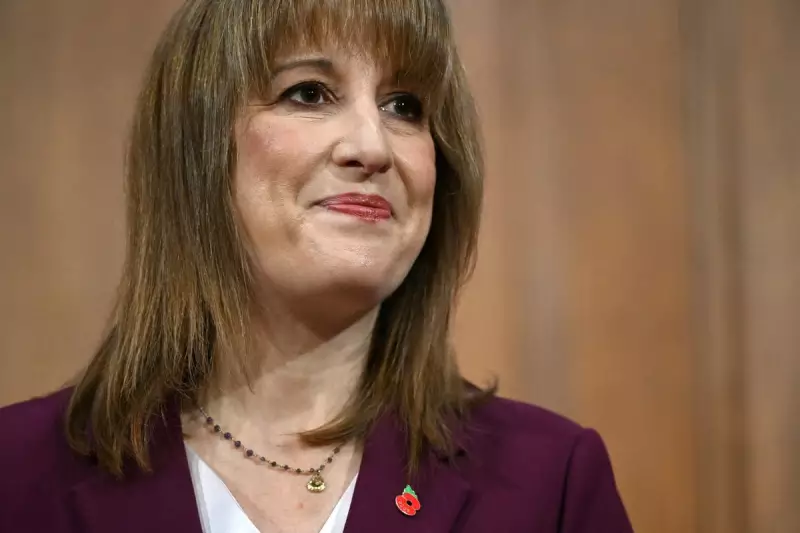
Britain is bracing for a seismic shift in economic policy as Chancellor Rachel Reeves prepares to unveil her first major budget this November. With the Treasury facing mounting pressure to fund public services while maintaining fiscal discipline, experts predict taxpayers could be in for a rough ride.
The Fiscal Tightrope
New analysis suggests the Labour government is walking a financial tightrope, balancing election promises against economic reality. The Institute for Fiscal Studies has warned that without significant tax rises or spending cuts, the Chancellor's fiscal rules would be "blown off course" within years.
Where Might the Axe Fall?
Several revenue-raising measures are reportedly under consideration:
- Wealth taxes: Potential reforms to capital gains and inheritance tax
- Pension changes: Adjustments to tax relief for higher earners
- Business levies: Possible increases to corporation tax or new digital services taxes
- Green measures: Environmental taxes targeting carbon-intensive industries
Economic Headwinds
The Chancellor inherits a challenging economic landscape, with sluggish growth projections and persistent inflation complicating budget calculations. Public debt remains near historic highs, limiting room for manoeuvre while essential services like the NHS demand increased funding.
The Political Calculus
Reeves must navigate competing priorities within her own party while facing intense scrutiny from opposition MPs. Any significant tax increases will test Labour's commitment to economic responsibility against their traditional spending priorities.
What It Means For You
Households across the UK should prepare for potential changes to:
- Income tax thresholds and rates
- National Insurance contributions
- Council tax and business rates
- Indirect taxes like VAT and fuel duty
The November budget promises to be a defining moment for both the new government and the country's economic direction. With tough choices ahead, all eyes will be on Treasury officials as they finalise what could be the most consequential fiscal statement in years.





